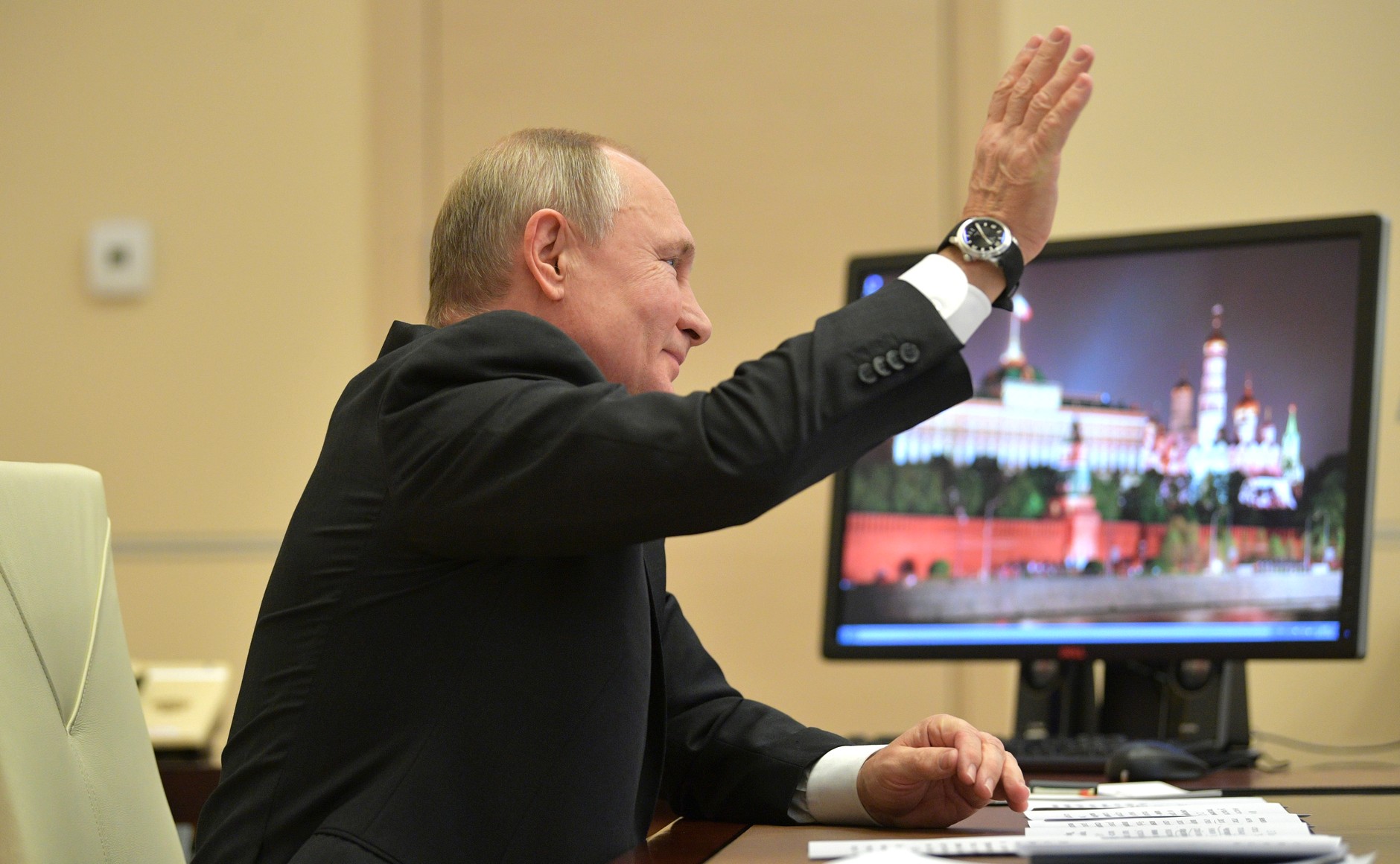After the tech exodus, Russian state prepares to fund its own 'national game engine'
Supporting an independent Russian game engine could require 'billions of rubles over many years.'

Keep up to date with the most important stories and the best deals, as picked by the PC Gamer team.
You are now subscribed
Your newsletter sign-up was successful
Want to add more newsletters?

Every Friday
GamesRadar+
Your weekly update on everything you could ever want to know about the games you already love, games we know you're going to love in the near future, and tales from the communities that surround them.

Every Thursday
GTA 6 O'clock
Our special GTA 6 newsletter, with breaking news, insider info, and rumor analysis from the award-winning GTA 6 O'clock experts.

Every Friday
Knowledge
From the creators of Edge: A weekly videogame industry newsletter with analysis from expert writers, guidance from professionals, and insight into what's on the horizon.

Every Thursday
The Setup
Hardware nerds unite, sign up to our free tech newsletter for a weekly digest of the hottest new tech, the latest gadgets on the test bench, and much more.

Every Wednesday
Switch 2 Spotlight
Sign up to our new Switch 2 newsletter, where we bring you the latest talking points on Nintendo's new console each week, bring you up to date on the news, and recommend what games to play.

Every Saturday
The Watchlist
Subscribe for a weekly digest of the movie and TV news that matters, direct to your inbox. From first-look trailers, interviews, reviews and explainers, we've got you covered.

Once a month
SFX
Get sneak previews, exclusive competitions and details of special events each month!
Some of Russian tech's heaviest hitters, including homegrown Facebook alternative VKontakte, have recently been cajoling ministers to allocate potentially billions of rubles to fund a Russian "national game engine", per a Kommersant report. A source close to the Russian government claims that Russian tech titans are deep in talks with the Ministry of Digital Development to fund an alternative to game engines like Unity and Unreal Engine, in the wake of western tech's exodus from Russia following the invasion of Ukraine.
The Russian government has talked up its plans for 'digital sovereignty' for a while now, and the idea for a state-backed game engine has gained momentum since being floated in late May. Prominent supporters include United Russia Duma deputy Anton Gorelkin and Russia's state telecommunications provider Rostelecom, which called the creation of a national engine an "important and urgent task."
To give an idea of the scale of these companies, VKontakte boasts hundreds of millions of users and a market cap in the billions of rubles, even after Russia's invasion of Ukraine. It was recently acquired by groups tied to state-run gas giant Gazprom in a move that was largely seen as the government deepening its control of the company. The fact that this scheme has the backing of both VK and Rostelecom—Russia's largest digital services provider and internet backbone—suggests the move already has some measure of backing in the higher echelons of the Russian government.
But whatever support it may have, the idea has already encountered hurdles thrown up by Russia's ever-tightening isolation on the global stage. Developing a whole new game engine from scratch is no small task, but reinventing that wheel while under crippling sanctions and cut off from your western partners is going to make the process even harder. AMD and Nvidia have both cut off sales in Russia, so it's unlikely that either will go out of their way to support the new engine if it ever arrives.
The problems go beyond the engine itself. Products like Unity and Unreal are popular in part because they're supported by a huge network of assets, tools, and expertise that you can't just magic into existence, regardless of the money you chuck at the problem. A Russian national engine is going to lack the years of external support that more popular engines already have.
So it's difficult to see this resulting in a game engine that can really go toe-to-toe with the current giants, and that's if the funding gets approved in full and actually ends up in the hands of developers, both of which are far from certain in contemporary Russia. But necessity is the mother of invention and, if the Russian games industry wants to get through the long night of its international isolation, it's going to have to develop on something. It just may be that the games turn out more like Pyongyang Racer than Forza Horizon.
Thanks, TheGameSpoof.
Keep up to date with the most important stories and the best deals, as picked by the PC Gamer team.

One of Josh's first memories is of playing Quake 2 on the family computer when he was much too young to be doing that, and he's been irreparably game-brained ever since. His writing has been featured in Vice, Fanbyte, and the Financial Times. He'll play pretty much anything, and has written far too much on everything from visual novels to Assassin's Creed. His most profound loves are for CRPGs, immersive sims, and any game whose ambition outstrips its budget. He thinks you're all far too mean about Deus Ex: Invisible War.

